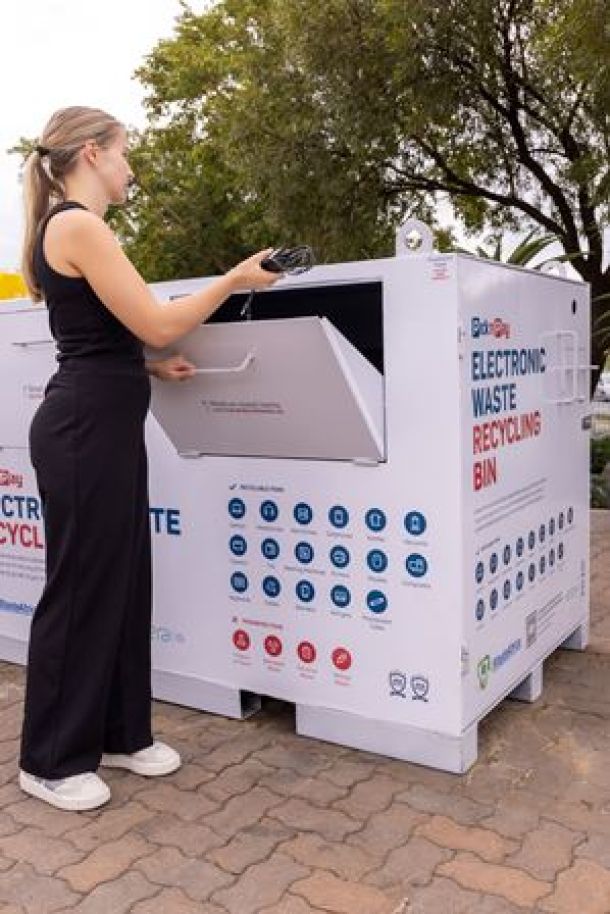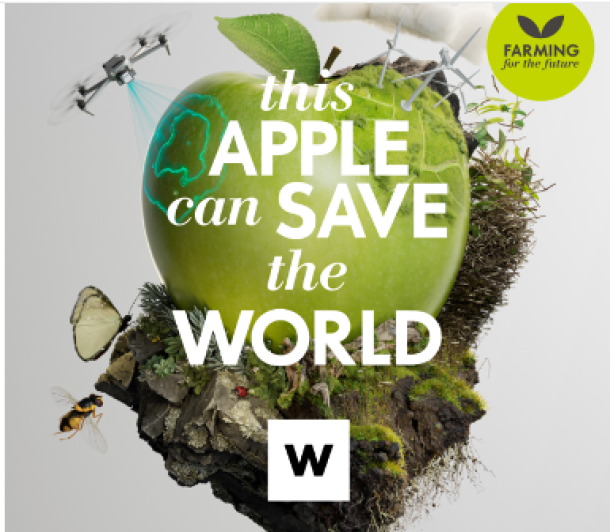Only half of plastic bag levy has gone to support recycling
Only about half of the nearly R2bn raised through the plastic supermarket bag levy has been officially allocated to recycling.
The levy was introduced 14 years ago and was originally meant to go towards development of the recycling sector. The figure has emerged since the plastic bag levy featured in then finance minister Malusi Gigaba’s budget speech.
Gigaba said the levy would rise to 12c a bag on April 1.
The levy is applied to the manufacturers of the plastic bags but is ultimately passed on to consumers, who buy the bags at tills for varying prices from 60c up.
It was introduced in 2004, coupled with a minimum limit on the thickness of the bags to aid recycling and promote re-use, after a pact between the Department of Environmental Affairs, labour and business.
The intention was to encourage shoppers to use fewer bags and thereby reduce plastic pollution and pressure on overstretched landfills.
The money raised was meant to develop the recycling industry and expand its workforce. A section 21 company, Buyisa-e-Bag, was established to achieve this aim.
Nearly 15 years later, according to figures from the Treasury, R1.8bn has been raised via the plastic bag levy and just R919.6m has been allocated to recycling projects. Plastic pollution is now at crisis proportions.
The Treasury said in response to questions that funding raised from the levy was not ring-fenced for the recycling industry as this strategy was no longer considered best practice. The plastic bag levy money was channelled into the National Revenue Fund and allocated to government departments.
Plastics SA CE Anton Hanekom said: "The agreement was ... [funds] would be ring-fenced. Now they can be allocated anywhere deemed to be a national priority ..."
News Category
- International retailers
- On the move
- Awards and achievements
- Legislation
- Wine and liquor
- Africa
- Going green
- Supplier news
- Research tools
- Retailer trading results
- Supply chain
- Innovation and technology
- Economic factors
- Crime and security
- Store Openings
- Marketing and Promotions
- Social Responsibility
- Brand Press Office
Related Articles

Pick n pay upcycles air-conditioning systems, s...

Shoprite Group opens pathways to job opportunit...

Pick n Pay empowers shoppers in the fight again...

Massmart implements early leak detection techno...


